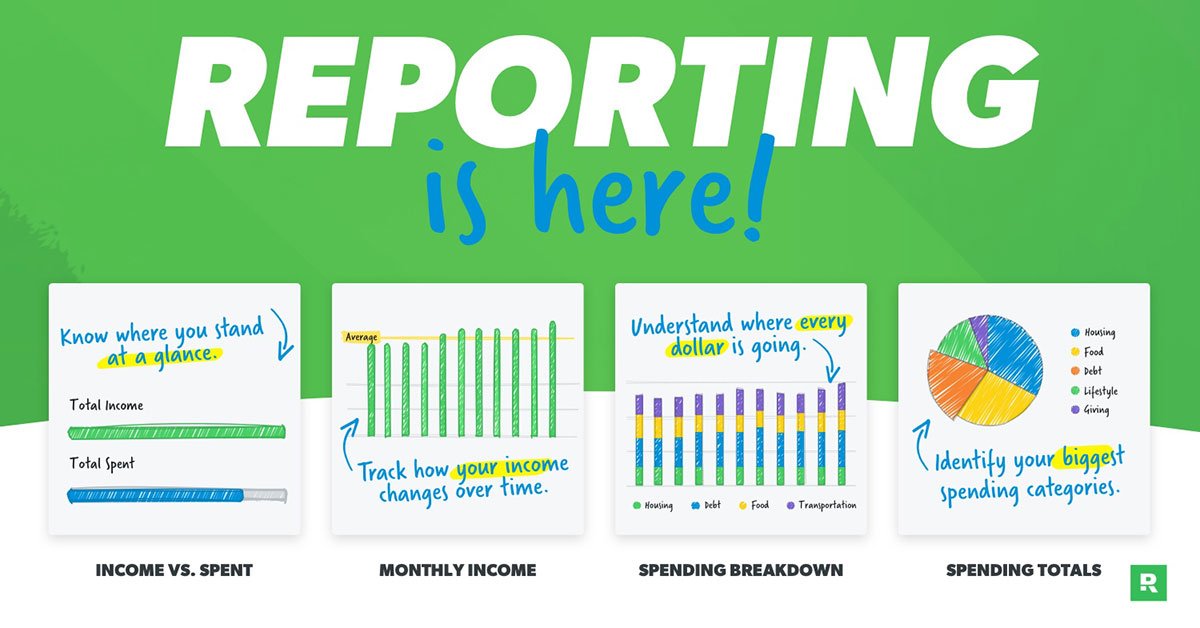

- #You need a budget vs everydollar full#
- #You need a budget vs everydollar plus#
- #You need a budget vs everydollar professional#
- #You need a budget vs everydollar download#
Plus gives you the ability to create your own categories, track cash you send and receive, and set multiple financial goals. You can view it to see the amount you have to spend per day, week, and month. Last but not least, the app also constantly updates the amount “in my pocket,” or the money you have left over after you’ve paid the bills and set aside some money for savings that you can use for everyday spending. The premium plan also allows users to manually input cash spending and track cash bills. The basic plan assigns expenses to standard categories, but you can create custom categories with Plus. Though expenses are categorized automatically, you can also group them using hashtags to see, for instance, the total of meals, transportation, and hotel costs for a trip. The app begins with a familiar setup: Link all your accounts to view your finances in one place and track your spending by category using dynamic pie charts. It also sets spending limits for users by category. PocketGuard automatically outlines a budget for you from your account data based on your income, bills, and financial goals, and suggests ways to find savings, including negotiating lower bills, signing up for high interest savings accounts, and more. How it works: PocketGuard is designed for those who are too time-strapped-or stumped-to build a budget on their own. Who owns it: PocketGuard is independently owned.
#You need a budget vs everydollar download#
To keep track of spending, you may manually enter dollar amounts as you spend them, link your bank account to auto-import your purchases, or download your expenses from your bank and upload them to YNAB to keep track of spending against goals.Ĭost: free for PocketGuard Basic $3.99/month or $34.99 annually for PocketGuard Plus That figure will become your “to be budgeted” amount, which you can allot to all of your regular monthly expenses as well as larger expenses that come along less frequently (which are divided into monthly goals based on due date). You don’t need to link your accounts to YNAB (though you can)-just enter your current balance to get started. The application itself is fairly simple, but that’s the point: to give users a framework to get a better picture of monthly expenditures and get those under control. get a month ahead by purposefully spending less than you earn. break down big expenses into monthly “bills,” 3. How it works: YNAB, formerly "You Need a Budget," aims to help newbie savers and is based on four budgeting rules the founder established for himself: 1. Who owns it: YNAB is independently owned. (Our notes below were accurate at the time of publication.) Privacy policies are also subject to change, so you should review any updates when notified. Additionally, if a service is free (or even if it’s not), understand what that means for your data-in particular, is it being sold? Thirdly, apps may offer services or promotions or serve up advertisements, targeted based on your app use and spending habits.

First, are they clear on who they are sharing data with? Business partners or service providers like Amazon Web Services are essential to running such an app, but companies may also share your data with other third-party vendors, advertisers, or researchers.
#You need a budget vs everydollar full#
While privacy policies are often dense and full of legalese, Scherer says there are a few things you can look out for to understand how your data is being used. “Users want apps to be very transparent, tell us what they’re doing with our information, and who they sell it to.”
#You need a budget vs everydollar professional#
“As a consumer, you want to tell you everything,” says Don Scherer, a cybersecurity expert and professor at the Tulane University School of Professional Advancement. Nowadays, budgeting is more important than ever with economic uncertainty during the coronavirus pandemic.īut before you hand over your most intimate financial details to a budget app, you need to regard one very important detail carefully: your privacy. Budgeting apps are a great way to keep all of your accounts, bills, and payment methods in order (and in one place!). But putting this into practice is where it gets tricky.

The concept of budgeting may seem simple: Don’t spend more than you make.


 0 kommentar(er)
0 kommentar(er)
